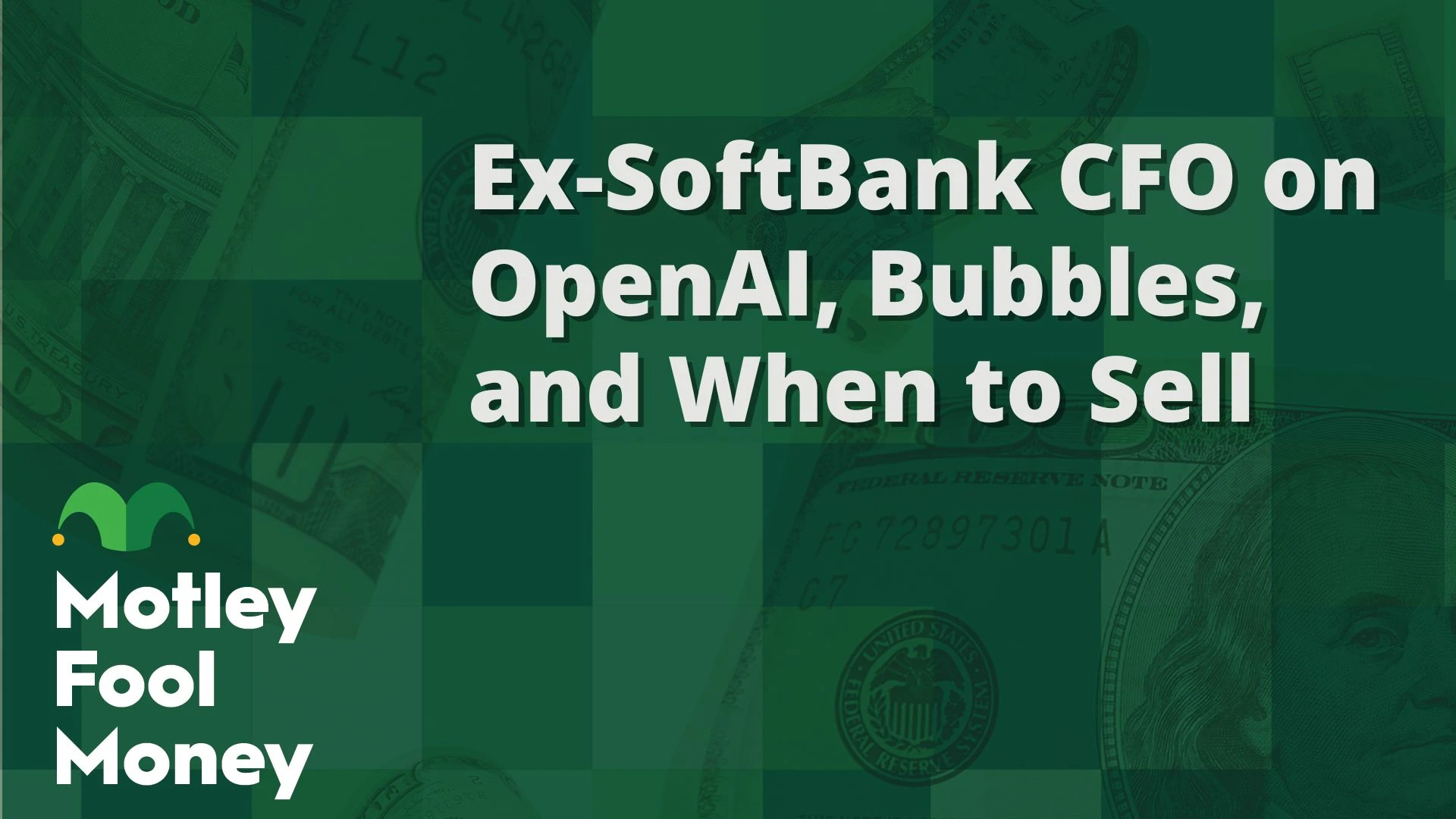Contents
Dividend Increase and New Buyback Program
Despite its ongoing investments in AI-driven cloud computing infrastructure, Microsoft has shown that it is also committed to rewarding its shareholders. Recently, the company announced a 10% increase in its quarterly dividend, now set at $0.83 per share. This move results in a forward yield of roughly 0.75%, which may not be particularly appealing to investors focused on income. The dividend is scheduled for payment on December 12 to shareholders on record by November 21.
In addition to the dividend hike, Microsoft revealed a new stock repurchase plan valued at $60 billion, with no specified expiration date. With Microsoft’s limited stock buybacks this year, investors are curious about the potential impact of this fresh repurchase initiative.
Historical Context of Microsoft’s Buyback Strategy
This marks the third time since late 2019 that Microsoft has either introduced or expanded a buyback plan, with each announcement occurring in September and ranging between $40 billion to $60 billion. The last update to the buyback program was three years ago, also with a $60 billion plan, when shares were trading around $300. Even though the stock price later declined to under $240 by the end of 2022, the company had previously increased its buyback plan by $40 billion in September 2019, when shares were just below $140. Initial repurchases lifted the stock, but the market downturn during COVID-19 brought prices back to their previous levels by late March 2020.
Historically, Microsoft’s buyback initiatives have had minimal impact on its stock price. Although $60 billion is a substantial figure, it represents less than 2% of the company’s outstanding shares, suggesting limited influence on share value.
The Role of AI in Shaping Microsoft’s Future
Looking ahead, the primary catalyst for Microsoft’s stock seems to rest on its ability to seize the AI market opportunity. The company has been a leader in AI, significantly boosting its investment in OpenAI last year. Microsoft’s Azure cloud computing business, in particular, has thrived with AI, achieving approximately 30% growth this year. As a consumption-based service, Azure has benefited from clients leveraging its platform to develop AI-driven solutions.
Additionally, Microsoft’s GitHub segment has experienced a surge in revenue thanks to the AI-powered assistant Copilot, which supports developers in code creation. In the last quarter, GitHub Copilot contributed to 40% of the segment’s growth.

AI is also being integrated into other Microsoft products, including Microsoft 365 and LinkedIn. The Productivity segment, which showed modest double-digit growth, aims to expand revenue through enhanced Copilots for Microsoft 365 applications such as Excel, Word, PowerPoint, Teams, and Outlook. The company charges $30 per month per user for the Microsoft 365 Copilot add-on, compared to $12.50 for the standard and $22.50 for the premium business subscription, which includes advanced cybersecurity features.
This pricing strategy highlights the revenue potential of Copilot, as Microsoft introduces enticing features like coding in Python using natural language in Excel, and Copilot Pages, which enables collaborative efforts between users and AI on a shared platform.
Ultimately, while historical data suggests Microsoft’s stock buybacks may have little effect, the company’s innovative edge and adaptability, particularly in AI, are poised to be significant long-term growth drivers.
Considerations for Potential Investors
Before deciding to invest in Microsoft, it’s worth noting the perspective of The Motley Fool’s Stock Advisor analyst team. Recently, they identified what they consider the top 10 stocks for investors to buy at present, and Microsoft was not among them. Historically, stocks recommended by the Stock Advisor, such as Nvidia in April 2005, have yielded impressive returns, with a $1,000 investment back then growing to $710,860.
The Stock Advisor service provides investors with strategic guidance to build successful portfolios, including regular analyst updates and two new stock recommendations each month. Since 2002, Stock Advisor has more than quadrupled the S&P 500’s return.
Explore the 10 stocks ›
Stock Advisor returns as of September 17, 2024




